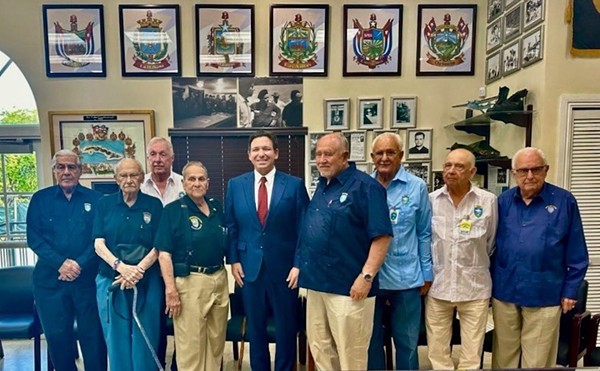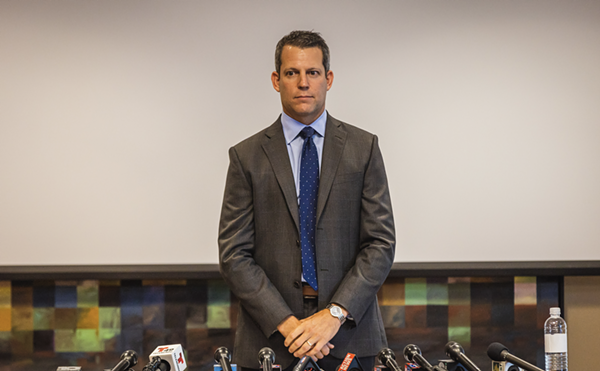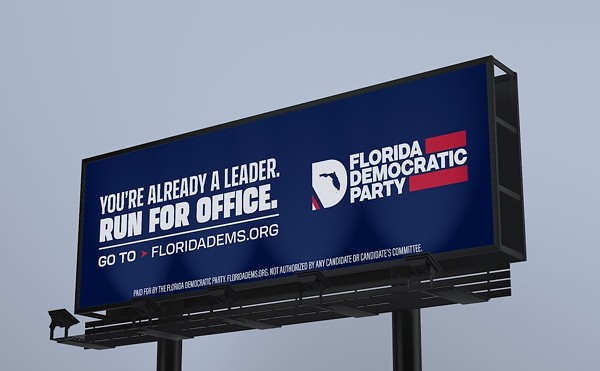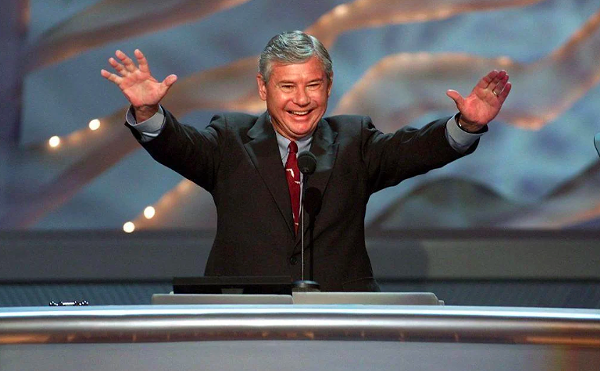In transportation circles, one of the conundrums is how to answer the "first mile/last model" situation. That deals with getting a would-be public transit rider from his or her home or office to their bus/transit stop, and makes that potential rider want to take public transit in the first place.
Is MetroBee the answer?
Possibly, which is why several HART board members sounded so enthusiastic upon hearing the broad strokes of the Los Angeles-based company's business model as generally described by Ben Edelberg, the founder of MetroBee on Monday night.
"Imagine transit at your front door, or anytime on demand," Edelberg began his pitch, which would work by using a GPS smartphone-based networking linking the Metrobee fleet from any location within a half-mile or 15 minutes radius of what he calls a "transit node." His company would use 2014 Ford Transit Connects, a seven-passenger seat vehicle which would take a maximum of five people per ride.
The MetroBee team has identified the East Bay of San Francisco as its tentative launch location. Edelberg says he and his partners are in "the last steps" of solving the issue of funding, the last piece necessary before actually being implemented for the first time in the country.
He says word is spreading quickly and that he's looking to build partnerships with transit agencies around the country, such as HART. He's scheduled to speak with staff members with the Hillsborough transit agency on Tuesday.
"I think this is really fascinating," said HART board member Josh Burgin, who urged the board to host a workshop with other private partners who want to partner with the agency. Burgin said MetroBee "represented innovation."
Other board members compared MetroBee's potential to Uber and Lyft, but Edelberg distanced himself from those ride-sharing companies, saying the only thing they have in common is that they're both app-based systems. He said that he has no desire to replace taxi cabs or limousines, but instead wants to complement them, saying that while cabbies are notorious for not wanting to give customers a short-distance ride, his system is built to do just that.
But those same board members, observing the friction between the Hillsborough County Public Transportation Commission (PTC) and Uber and Lyft, said they would probably want to facilitate a meeting with the PTC to ensure that MetroBee could work in Hillsborough County. But HART board chairman Mike Suarez said to him MetroBee fits more into a "carpooling situation," and didn't believe necessarily that what it promises to provide is outside of the PTC's purview.
Edelberg's pedigree is unique. He comes to transportation via Hollywood, where he's served as an art director on a number of major motion pictures. That included delivering vehicles for those productions, which fostered relationships with automakers in Detroit, including one of his main partners at MetroBee.
He hopes that his company and HART can conduct a study proposal to see how MetroBee would fit into HART's current system. The two parties were scheduled to discuss the idea today.

















